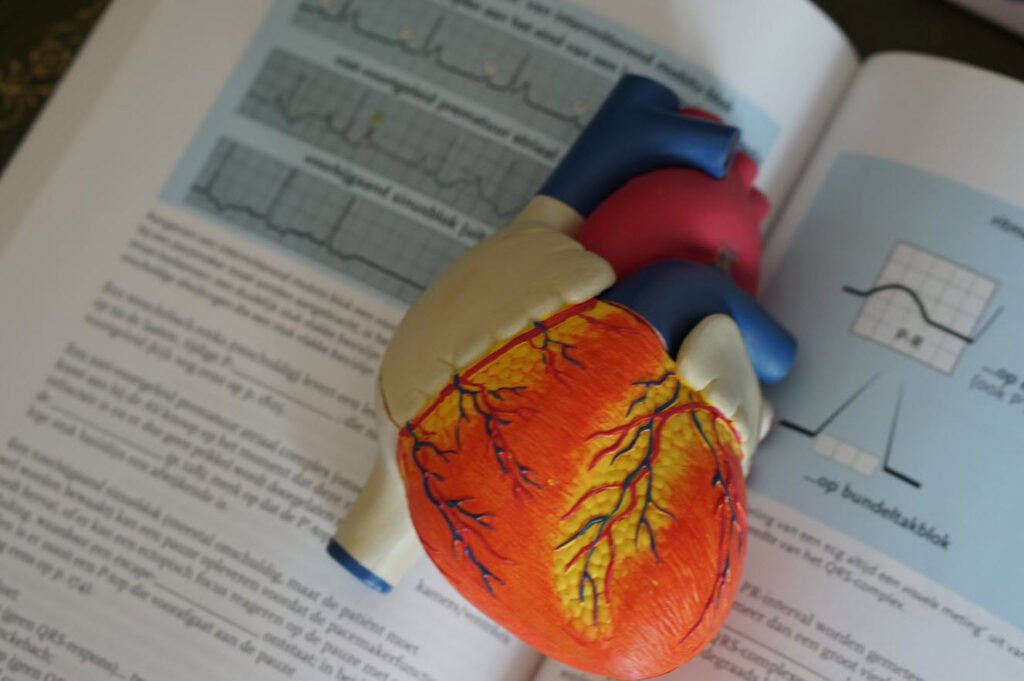Heart attacks and strokes are serious cardiovascular events that can have significant health implications. Understanding the risk factors associated with these conditions is crucial for prevention and early intervention.
Typically, individuals with one or more of the following risk factors are at a heightened risk of experiencing a heart attack or stroke:
- Smoking or the Use of Other Tobacco Products
- High LDL ‘Bad’ Cholesterol
- Low HDL ‘Good’ Cholesterol
- High Triglycerides
- High Blood Pressure
- Diabetes
- Sedentary Lifestyle
- Obesity
- Negative Emotional States
1. Smoking or the Use of Other Tobacco Products
Smoking and tobacco use are major contributors to cardiovascular diseases. The harmful chemicals in tobacco can damage blood vessels and elevate the risk of clot formation, increasing the likelihood of heart attacks and strokes.
2. High LDL ‘Bad’ Cholesterol
Elevated levels of low-density lipoprotein (LDL) cholesterol, often referred to as “bad” cholesterol, contribute to the buildup of plaque in the arteries. This can lead to atherosclerosis, a condition that narrows and hardens the arteries, increasing the risk of heart attacks and strokes.
3. Low HDL ‘Good’ Cholesterol
Low levels of high-density lipoprotein (HDL) cholesterol, known as “good” cholesterol, are associated with a reduced ability to remove LDL cholesterol from the bloodstream. This imbalance contributes to the accumulation of plaque in the arteries.
4. High Triglycerides
Elevated levels of triglycerides, a type of fat in the blood, can also contribute to the development of atherosclerosis. This condition poses an additional risk for heart attacks and strokes.
5. High Blood Pressure
Hypertension, or high blood pressure, places increased stress on the arteries and the heart. Prolonged high blood pressure can lead to damage of the arteries and increase the risk of cardiovascular events.
6. Diabetes
Individuals with diabetes, characterized by high blood sugar levels, face an elevated risk of heart attacks and strokes. Diabetes accelerates atherosclerosis and contributes to complications in the cardiovascular system.
7. Sedentary Lifestyle
Lack of physical activity is a significant risk factor for cardiovascular diseases. A sedentary lifestyle contributes to obesity, high blood pressure, and unfavorable cholesterol levels, all of which increase the risk of heart attacks and strokes.
8. Obesity
Being overweight, especially when exceeding 20 percent of the ideal body weight or having a body mass index (BMI) greater than 25, is a risk factor for cardiovascular diseases. Obesity is often associated with other risk factors like high blood pressure and diabetes.
9. Negative Emotional States
Conditions such as depression and high levels of anger and hostility are linked to an increased risk of heart attacks and strokes. The physiological effects of these emotional states can contribute to cardiovascular complications.
Recognizing these risk factors is the first step toward mitigating the likelihood of heart attacks and strokes. Individuals with multiple risk factors should work closely with healthcare professionals to implement preventive measures, such as lifestyle modifications, medication, and regular medical check-ups. Proactive management of these risk factors is key to maintaining cardiovascular health and preventing potentially life-threatening events.



